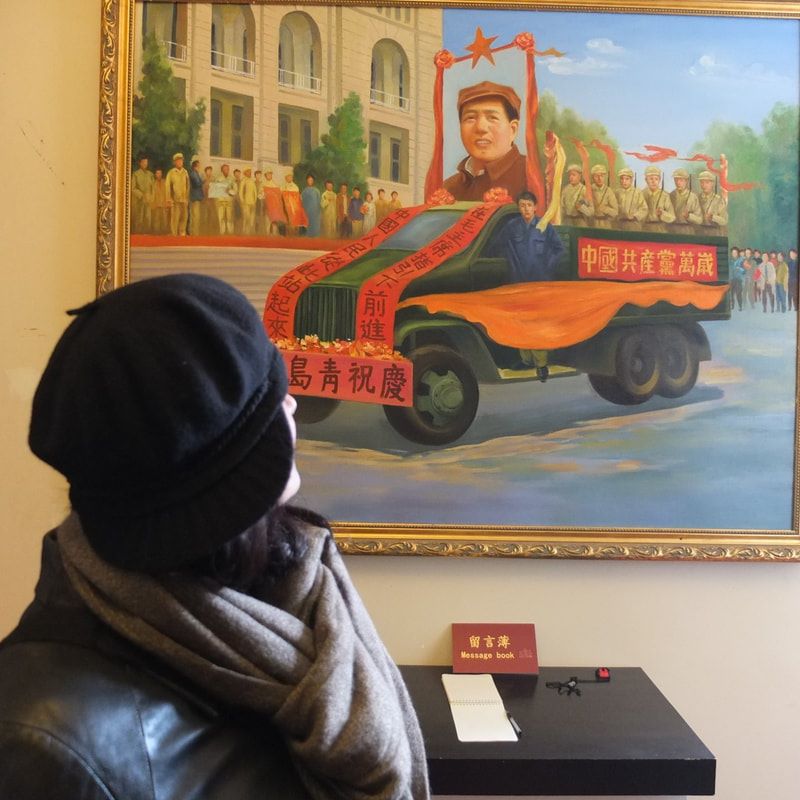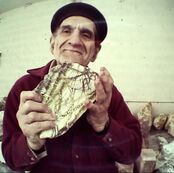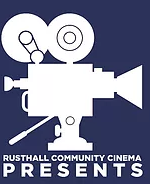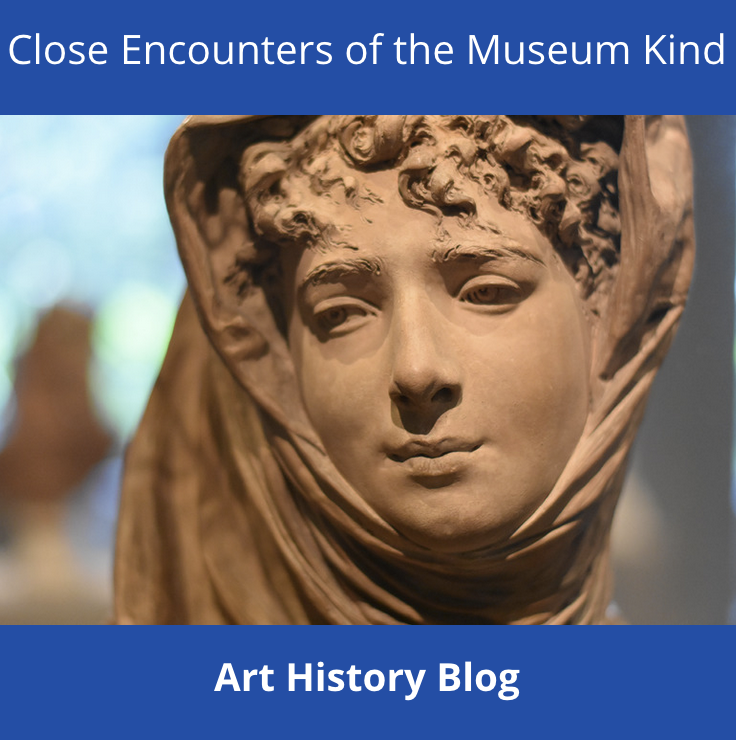|
Comprendre la narration dans la réalisation de documentaires A documentary film needs basically the same treatment as fiction as it is, after all, a story. There are no rules as to how we will experiment, that is up to us. However, following a three-act structure which breaks a story into three parts or acts (actions), known simply as Setup, Confrontation and Resolution, helps us structure our story. Un film documentaire doit être traité de la même manière qu'une fiction, car il s'agit d'une histoire. Il n'y a pas de règles quant à la manière dont nous allons expérimenter, c'est à nous de décider. Cependant, suivre une structure en trois actes qui décompose une histoire en trois parties ou actes (actions), connus simplement sous le nom de Mise en place, Confrontation et Résolution, nous aide à structurer notre histoire. Beginning. Middle. End Or: End.Middle.Beginning Or: Middle.End.Beginning Or: Middle.Beginning.End Début. Milieu. Fin Ou : Fin.Milieu.Début Ou : Milieu.Fin.Début Ou : Milieu.Début.Fin Do we follow a chronological order or move backwards? Or start in the middle and go back, then forwards, or forwards or back? Do we use voiceovers and music? Do we not have any words at all? It is all up to us to decide on HOW we want our story to play out. Suivons-nous un ordre chronologique ou reculons-nous ? Ou commençons-nous au milieu et revenons-nous en arrière, puis en avant, ou en avant ou en arrière ? Utilisons-nous des voix off et de la musique ? C'est à nous de décider COMMENT nous souhaitons voir notre histoire se dérouler. In the 3-Act-Structure we find certain elements which happen at different points in the structure, though this is not set in stone Dans la structure des 3 actes, nous trouvons certain éléments qui se produisent à des points/moments différents dans la structure.
Sheila Curran Bernard's book Documentary Storytelling is a complete and practical guide to understanding narrative storytelling for documentary. We use this book at BFA-MCMC, China. For this workshop I will discuss the 2017 Chinese documentary Taming the Horse by Tao Gu, a Chinese-Canadian documentary filmmaker and friend. A strong character driven documentary set in China at a turning point where urban modernity challenges many people. A young man called Dong, on his 30th birthday, opens up to the camera and his friend Tao about his roller-coaster life. I interviewed Tao today, 27th July. He is in China at the moment.( I shall put the podcast up in the next few weeks.) And I am really happy to share his wonderful work with you. It is not easy to view Tao's film, due to censorship in China, even though it has been in many prestigious festivals and won the Montgolfière d'Or at the 2017 Nantes 3 Continents Festival and the Grand Prize for Canadian Documentary Feature 2017. I saw it last year when Tao did a screening at the Goethe Institute in Beijing to a packed theatre. Torch Films in New York distribute the film. The Link is here. 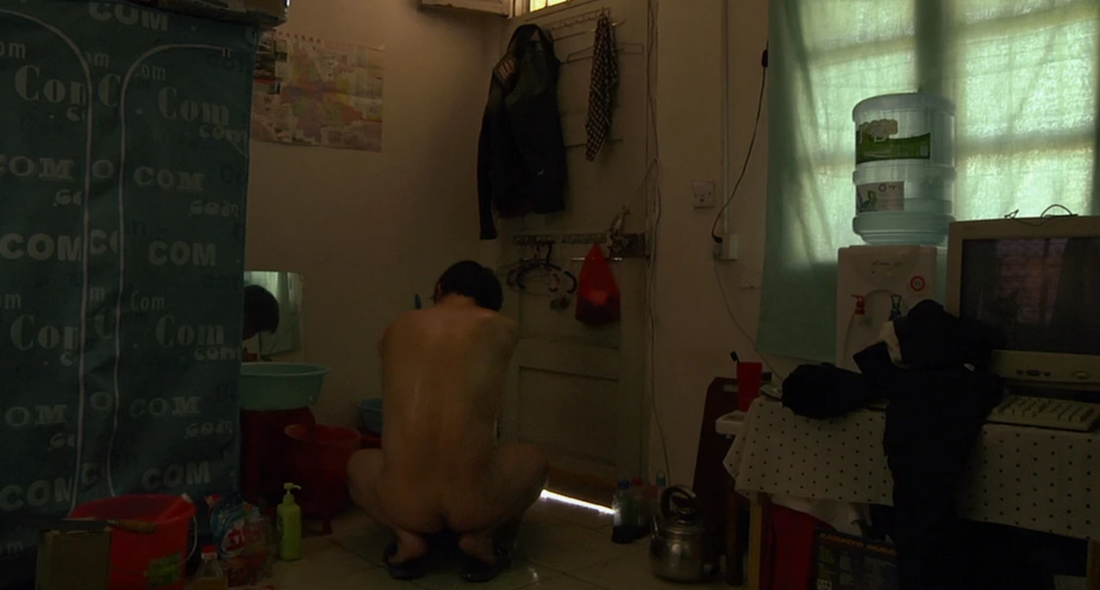 Dong - Taming the Horse - Documentary. ©Tao Gu The Arc part 1 - Setting up the Story. We meet Dong, a Mongolian immigrant living in Kunming in Southern China. Dong is a displaced, marginalised lover, dreamer, drinkster and loner, trying to not fit into a country, China, which demands, by its very culture, that he fits in. As the one-liner on the poster implies, a wild spirit destined to be tamed. The scene is set with a train journey which is the backbone to the film. We are allowed to glimpse some of Dong's background story, and we meet Tao, the director, an old friend who is now fulfilling a promise they made years prior to make a film. There are several layers: Dong's family, the Chinese culture, and his girlfriend. Another layer is Dong's agony over unrequited love and the desire for ultimate freedom of the soul, away from pain. Dong's mother constantly nags him to get work. She and his father work around the clock, Dong procrastinates, drinks, makes love and wallows in self-pity; however, his life is also illuminated by moments of intense movement and magic. We are taken into his quick paced life, often lived at night, and his drunken, philosophical monologues. He tells Tao he spent four years drinking in a basement, not coming out into the world. Exposition - Hot, urban Kunming. Mother, father and brother contrasting Dong. Girlfriend. Anguish. Alcohol and feelings of dislocation. Idealising his natal home, Hailar, in the north eastern Inner Mongolia Autonomous Region. Act 2: Confrontation and Turning Point - brings suspense, the action rises, there is conflict. Dong knows he needs to leave Kunming, his family, and lover who has aborted his child, to find his luck in the jade business. In a way, it is the only way to appease not only himself but his mother. He meets an old buddy on the journey, and one night they get drunk together. During the drunken banter both realise the hideousness of quick money, which foreshadows what happens next. Dong's meeting with the young, shark-like jade dealers changes his direction. This is his catalyst. The conflict: The establishment, his family, and to a lesser extent his girlfriend. Lack of money, so needs to find money. He has a new motivation - to make money. Turning point: Realisation that it is not dirty money that will make him happy; he needs to keep his ethics, and laments over the woman he really loved, many years ago. Act 3: Resolution and Denouement The story weaves around Dong's flashbacks and the vehicle used is the train journey to Inner Mongolia. Tao explained that the flashbacks go one way, the train from Kunming to Inner Mongolia, a journey of thousands of kilometres, another way, metaphorically crossing each other, back, forwards, back, forwards on the rails of life. Tao had no idea where he would end the story as he had no idea what Dong would do after the jade trade. The realisation is quite complete that Dong cannot work dealing. So Tao lets the train ramble on its journey to Inner Mongolia. The denouement is subtle and quiet which contrasts the rest of the film, leaving us to guess what happens in Dong's life from that point onwards. And only a complex film character such a Dong can handle a finale like the one Tao gives him. Anything else would seem improbable. When I watched it in Beijing, after following this work since 2010, I cried. It was a complete ending, leaving me wanting so much more, and yet replenished. I understood the beauty of the friendship: Tao with Dong, Dong with Tao. Thank you Tao. Characters: This excellent article by Robert Greene for the BFI delves into the realities of creating your film characters for a documentary.
Themes: The themes in Taming the Horse are a conflicted society. Youth V elders. Traditions V modernity. The youth-tribe on the move. Punk music, need for freedom, finding one's own voice, being one's self V money, marriage and conformity. Story: We often only really find the story as we are editing. Unless of course we are making a documentary which is heavily scripted. Tao explained that at one point he argued badly with Dong and they both abandoned the production. Tao came back to Montreal, and went through each frame, each word, each desire Dong had. It was only then that Tao realised what was missing, a trip to Inner Mongolia, the mythical home Dong had left as a young boy and always yearned for. After one year of separation they both met up again in China, and Tao took him on the journey back to his birth place. Motivation and Plot What motivates our character/s? Why are they making the choices they do? How will these choices effect them? Mostly characters cooperate with each other, or oppose each other. There are different layers in forging the story's plot Dong is motivated above anything to be his own person, he has a dream to find eternal love somewhere, somehow. To get here he needs to oppose his family, especially his mother's desires for him. He tries to force himself to be motivated to making lots of money in the jade business, and cooperates. This is the outer layer; the other layer which twists around the main plot is more spiritual. A desire to die, to leave the physical world, or become a holy man, give up a woman, the bodies he finds so vital, and fly higher, get out of it, touch God? Conflict Dong's conflicts are within him. Being a good son which he finds hard to be as he also loves being a drunk. Being a success which means making lots of money, or being a poet and lover which is not seen well in the China he is growing in. For more information about Taming the Horse - Here is the link - Torch Films, New York. Thank you so much, have a great week. Thank you so much for passing by. LOVE ON YA! JEANNE ANDREW BAKER 6/29/2020 04:26:01 amWhen is the best time to begin shooting a film? Can we shoot lots of footage and then start thinking about how to organise all this material? That way we will know what is possible and have something concrete to work with. Or is it best to plan the documentary in advance before we actually begin to film anything? JEANNE 7/8/2020 04:11:43 amHi Andrew, I am going to reply to this in my next workshop on the 11th July. Good question. Jeanne
3 Comments
Andrew Baker
6/29/2020 11:26:01 am
When is the best time to begin shooting a film? Can we shoot lots of footage and then start thinking about how to organise all this material? That way we will know what is possible and have something concrete to work with. Or is it best to plan the documentary in advance before we actually begin to film anything?
Reply
Jeanne
7/8/2020 11:11:43 am
Hi Andrew, I am going to reply to this in my next workshop on the 11th July. Good question. Jeanne
Reply
Leave a Reply. |
Jeanne PopeFilmmaker, teacher, traveller and storyteller
Other Links |
|
"Thank you dear Jeanne. It is an honour to have your creative thoughts which are printed in this film. With your love energy, passion and creative thoughts and encouragement this film can have its own soul finally. Thank you so much". Tao Gu - Taming the Horse
|
"Jeannette taught me the tools I needed, never having made a documentary before. She gave so much time, patience to show me, guide me and share her creativity and skills with me." Dr. Zou Qialing, Beijing Film Academy, Qingdao Campus
|
|
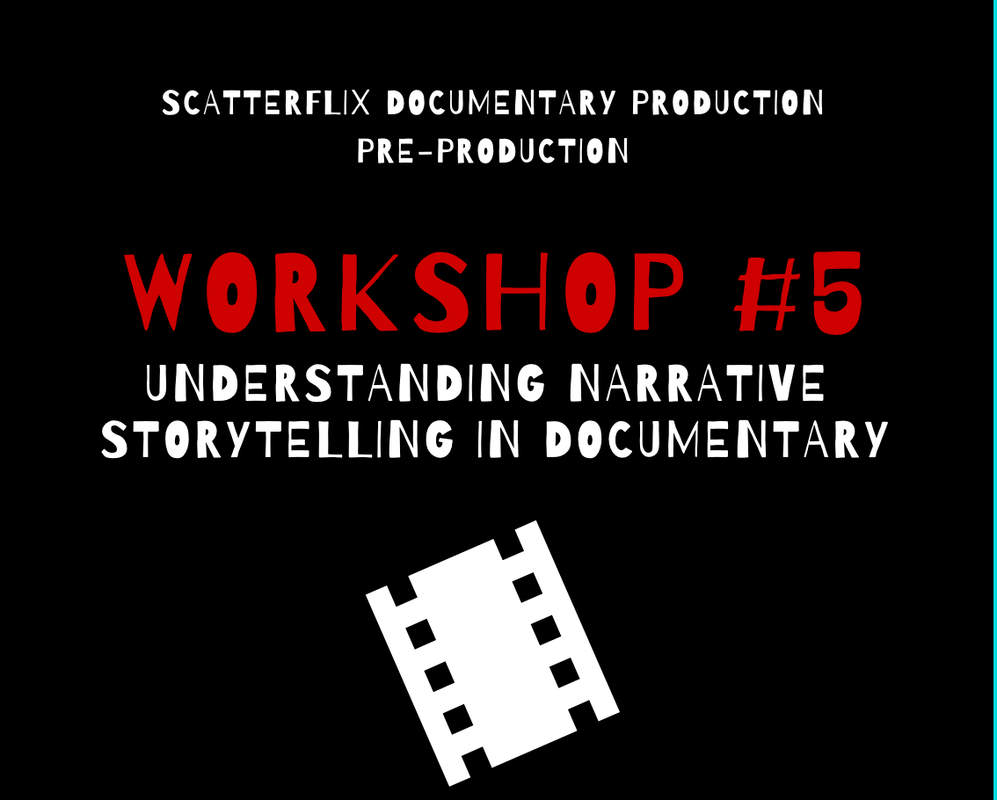
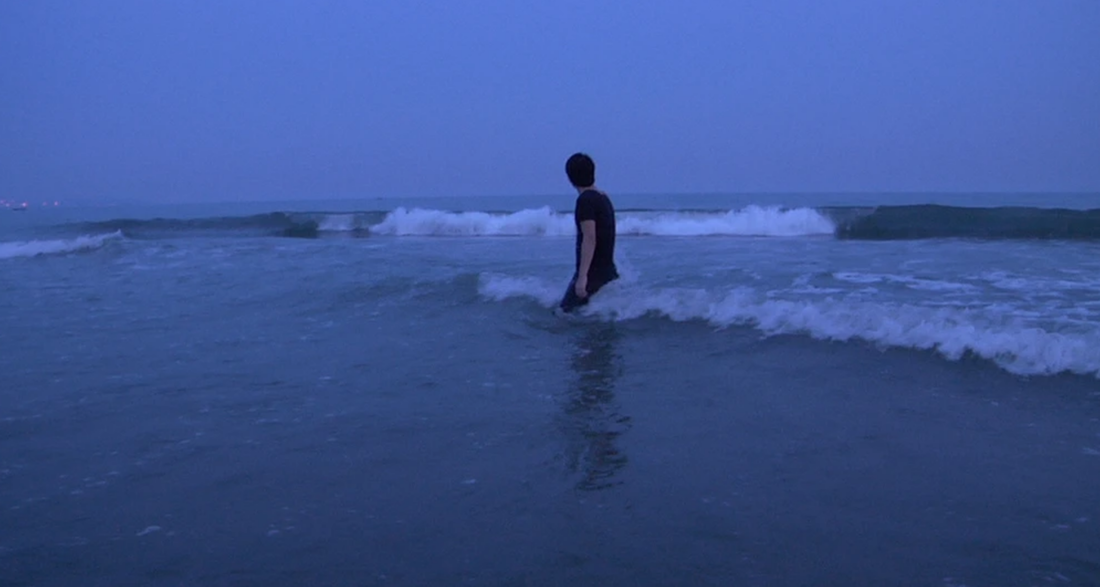
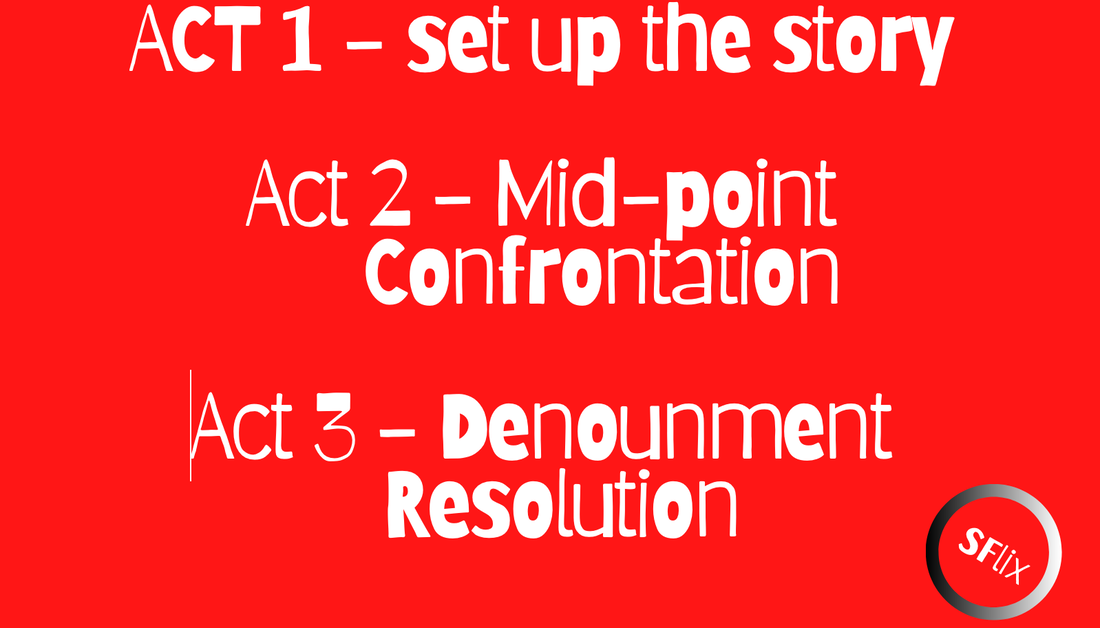
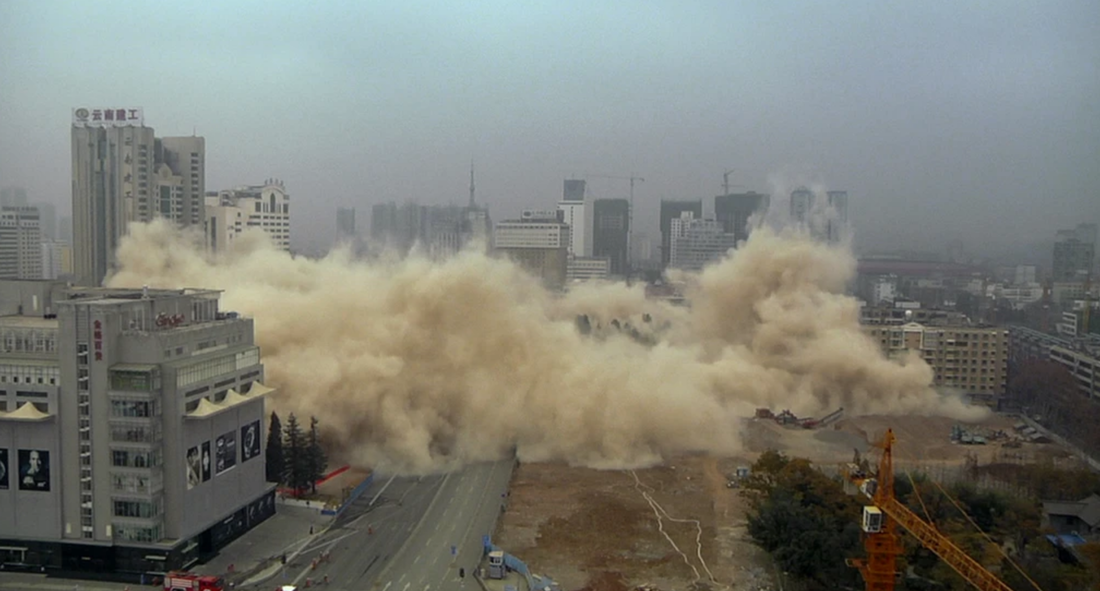
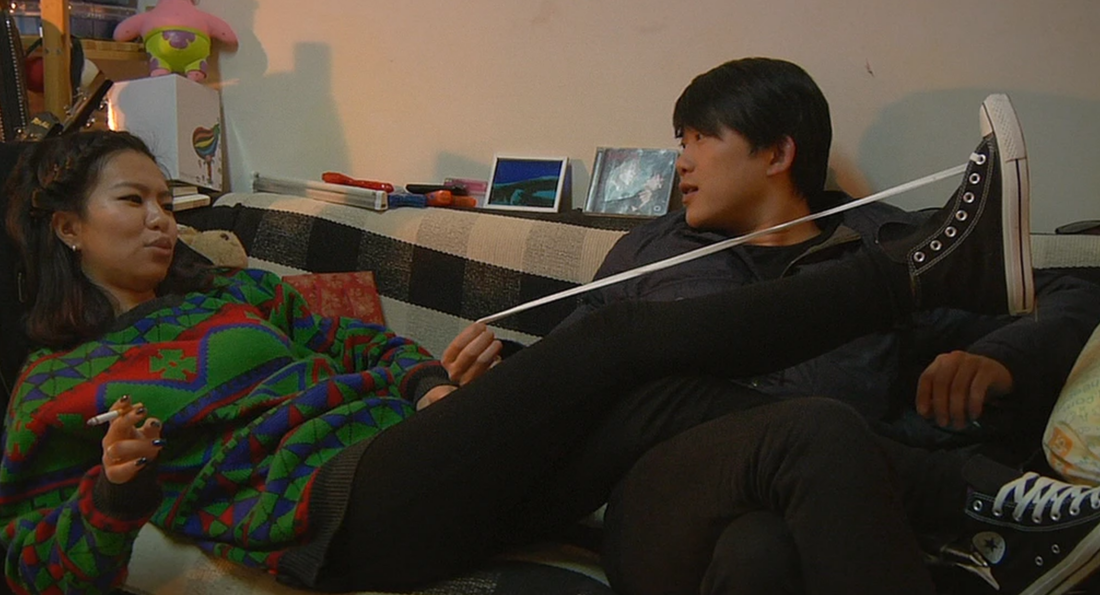
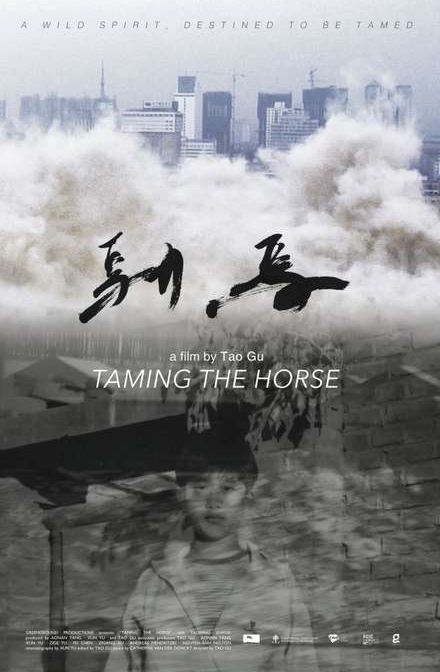
 RSS Feed
RSS Feed
